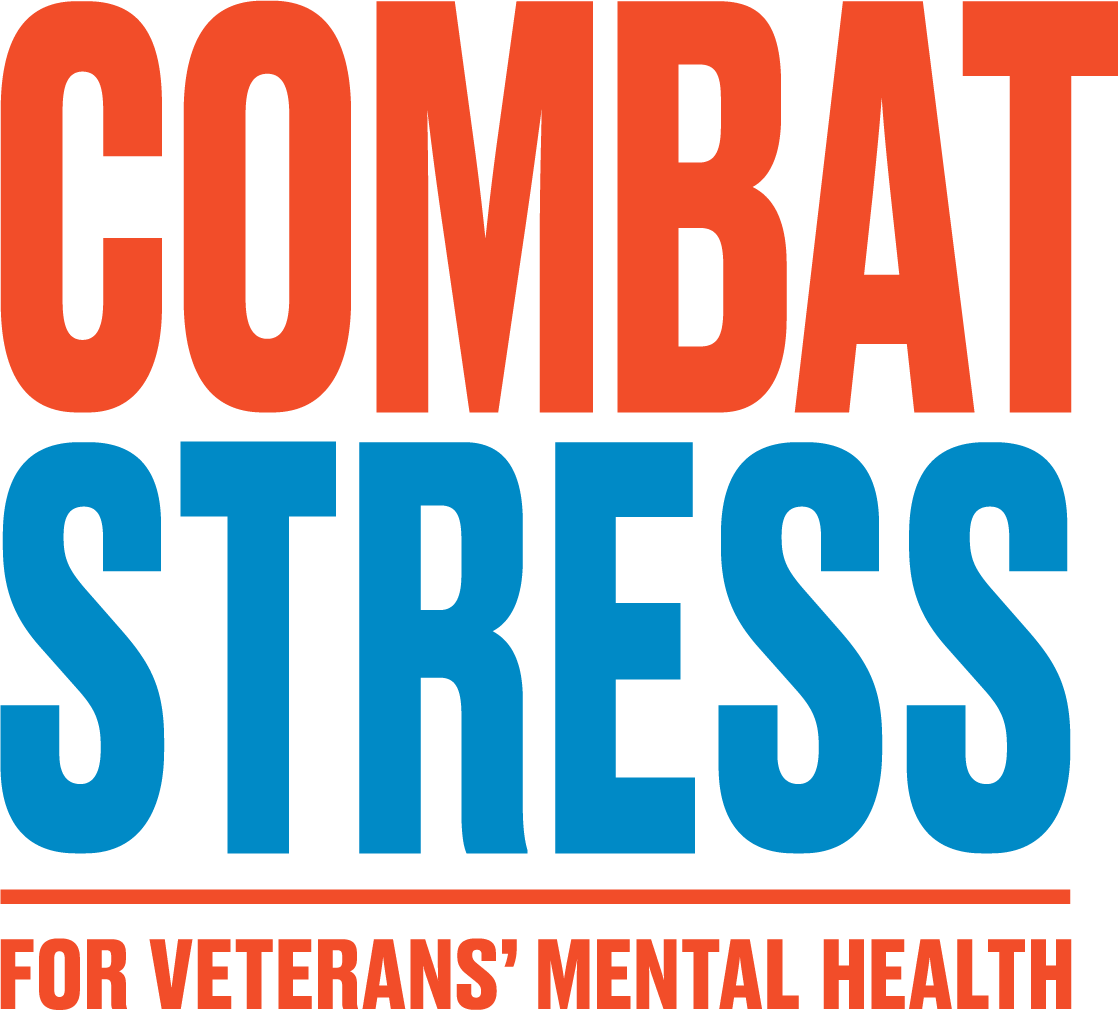Combat Stress has announced a new five-year strategic plan to improve veterans’ recovery experience and enable the charity to raise the money needed to fund its life-changing work.
The plans are in response to the continued growth in demand for the charity’s support, with a 143% increase in referrals over the last decade. In the last year alone Combat Stress received more than 10,000 calls to their Helpline, and more than 2,400 new veterans were referred for treatment.
Following an 18-month period of discussion with veterans, employees, military charities and healthcare professionals, the new strategy has been designed to offer greater flexibility and accessibility to treatment so veterans can be supported more quickly. At Combat Stress’ AGM today, the charity outlined its plans:
- Triage nurses will sit alongside the 24-hour Helpline team from January 2018, so veterans have a quicker start to their recovery journey.
- In addition to continuing to provide intensive residential treatment, the charity proposes to design a number of non-residential modular programmes in the community that fit in with veterans’ existing commitments, such as work or family life. Combat Stress is also undertaking a pilot study to explore digital solutions, such as using Skype to improve access to therapy.
- The charity is proposing from January 2018 to concentrate its intensive residential treatment work at their Surrey and Ayrshire treatment centres, and to deliver innovative and flexible outpatient services from its Shropshire treatment centre.
Sue Freeth, Chief Executive of Combat Stress, said:
“For almost a century Combat Stress has developed its approach and been innovative in its services, to offer the very best support for former servicemen and women with mental health issues, with the goal of helping them to live fulfilling lives.
“The average age of former servicemen and women who are turning to us for help is reducing and for them balancing the transition to civilian life, family, work and modern living is intricate and can be complicated.
“Our new strategy is focused on improving veterans’ recovery experience. In a time of increasing demand for our services, but with finite resources, the changes we are proposing will help us to provide the most effective clinical treatment for more veterans who need our help, to provide that help more quickly, and to offer more flexible services that fit around work and family pressures.”
Follow this link to a letter to Veterans from Combat Stress’ CEO, Sue Freeth.
ENDS
For more information please contact Nicola Hudson, PR and Communications Officer, on 01372 587165 / 07711 590259 or at nicola.hudson@combatstress.org.uk.
Notes to editors:
Combat Stress is the UK’s leading charity for veterans’ mental health.
For almost a century we’ve helped former servicemen and women deal with issues like trauma, anxiety, depression and post-traumatic stress disorder.
Over the past five years (2012 to 2017) we have seen an average of more than 2,000 referrals each year. Demand for our services continues to grow – we have seen a 143% increase in referrals from ten years ago.
On average it takes 12 years after leaving the military for veterans to contact Combat Stress for help, by which time their condition is often highly complex. However, veterans of the Afghanistan and Iraq conflicts are coming to Combat Stress much sooner (three and four years respectively).
To help veterans rebuild their lives, we provide a range of free services:
- Short-stay clinical treatment at our treatment centres in Ayrshire and Surrey
- A specialist Intensive Treatment Programme – delivered at our treatment centres
- Community Teams – providing treatment and practical support to veterans. Last year our regional community teams undertook almost 5,400 face-to-face appointments
- Outpatients – assessment by psychiatrists and psychologists – at our treatment centres and in the community – enables us to diagnose, define and deliver the treatment veterans require
- Occupational therapy – delivered at our treatment centres and in the community, we use meaningful and creative activity to encourage hope, wellbeing and recovery
- Peer Support Service – Led by veterans for veterans, it’s the first UK-wide service of its kind for those with mental health problems. The service enables them to share their experiences, receive support and socialise with others with similar experiences.
- Substance Misuse Case Management Service – helping veterans to access the services for their drug and alcohol problems so their mental health issues can be addressed
- Our 24-hour Helpline is there for veterans, serving personnel and their families (0800 138 1619)
Useful links
Our website: combatstress.org.uk
On Twitter: @CombatStress
On Facebook: facebook.com/CombatStress
On LinkedIn: linkedin.com/company/combat-stress
Combat Stress, Registered Charity 206002; Registered Charity in Scotland SC038828; Company Ltd by guarantee: 256353.

















